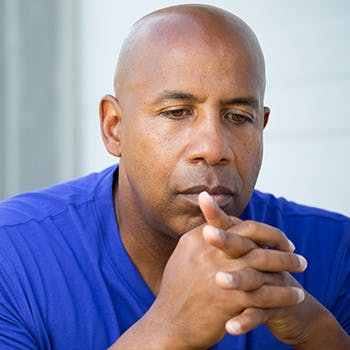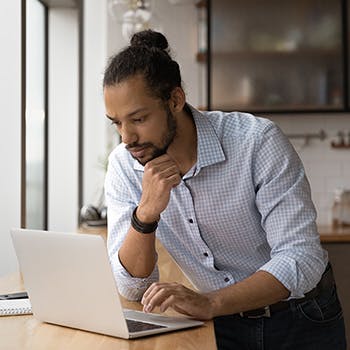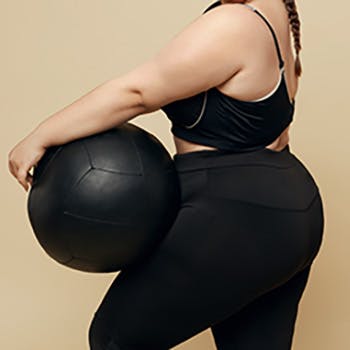Everything You Need to Know About Hemorrhoids

More people have them than you think.
You may feel awkward talking about hemorrhoids, but considering nearly three out of four adults will experience them in their lifetime, you’re far from alone — and you have nothing to be ashamed of. Let’s break down the facts.
WHAT YOU CAN DO
What Are They?
Basically, they’re swollen veins. Hemorrhoids form when the blood vessels in your rectum fill up with too much blood, either because you’ve strained too much while going to the bathroom, given birth, or otherwise put too much pressure on the veins. "Everyone has these blood vessels, so odds are at some point in your life you’ll have an issue," Laura E. Frado, MD, of New York Gastroenterology Associates, says. Hemorrhoids can be internal, meaning they’re located inside the rectum, or external, meaning they form under the skin around the anus.
How Do You Know You Have Them?
Signs can include itching, bleeding, and general discomfort. You may also feel or see a lump protruding from your anus. Consult your doctor if there’s bleeding or you’re not sure, to rule out other problems. "Hemorrhoids are super common, especially as we get older, and can be tough to talk about," Dr. Frado says. "But they can have a real impact on your happiness if you’re struggling with them, so don’t be afraid to talk to your doctor." Most likely, he or she will give you a quick and painless rectal exam, Dr. Frado explains. "There’s no harm or shame in seeking out help."
Do They Hurt?
They’re typically more irritating than they are painful, but external hemorrhoids can cause immense suffering if they are thrombosed, meaning a blood clot has formed in the vessel. "It can be quite tender," Dr. Frado says. "Eventually, the clots will resolve on their own and get reabsorbed, but sometimes there’s a more acute issue where you can’t even sit or concentrate at work because it’s so uncomfortable, and that’s when I would seek medical attention." (A doctor can make a small incision to remove the clot.)
How Do You Treat Them?
Most hemorrhoids will eventually go away without medical intervention, but there are some ways to feel better:
- Incorporate fiber-rich foods or a fiber supplement (not a laxative) in your diet to soften your stool. (Fiber pulls water into the stool, making it easier to have a smooth and complete bowel movement.) High-fiber foods include fruits like raspberries and bananas, veggies like broccoli and peas, grains like oatmeal and quinoa, and legumes like black beans and lentils.
- Keep your anus clean and dry, Dr. Frado suggests. Doing so will stave off itchiness and therefore scratching, which will only serve to aggravate hemorrhoids. (Be sure to pat your butt dry rather than rub it.)
- Apply an OTC product like Preparation H, which will help soothe and protect the affected area.
- Limit the amount of time you spend on the toilet bowl. "One thing we’re all guilty of is sitting on the toilet for too long with our smart phones," Dr. Frado says — and the act of sitting itself puts pressure on hemorrhoids. (For that same reason, Dr. Frado advises against "donut" pillows.)
- Take a warm bath (specifically called a sitz bath) for 10-15 minutes. (Scented candles and magazines optional.)
© Meredith Corporation. All rights reserved.



